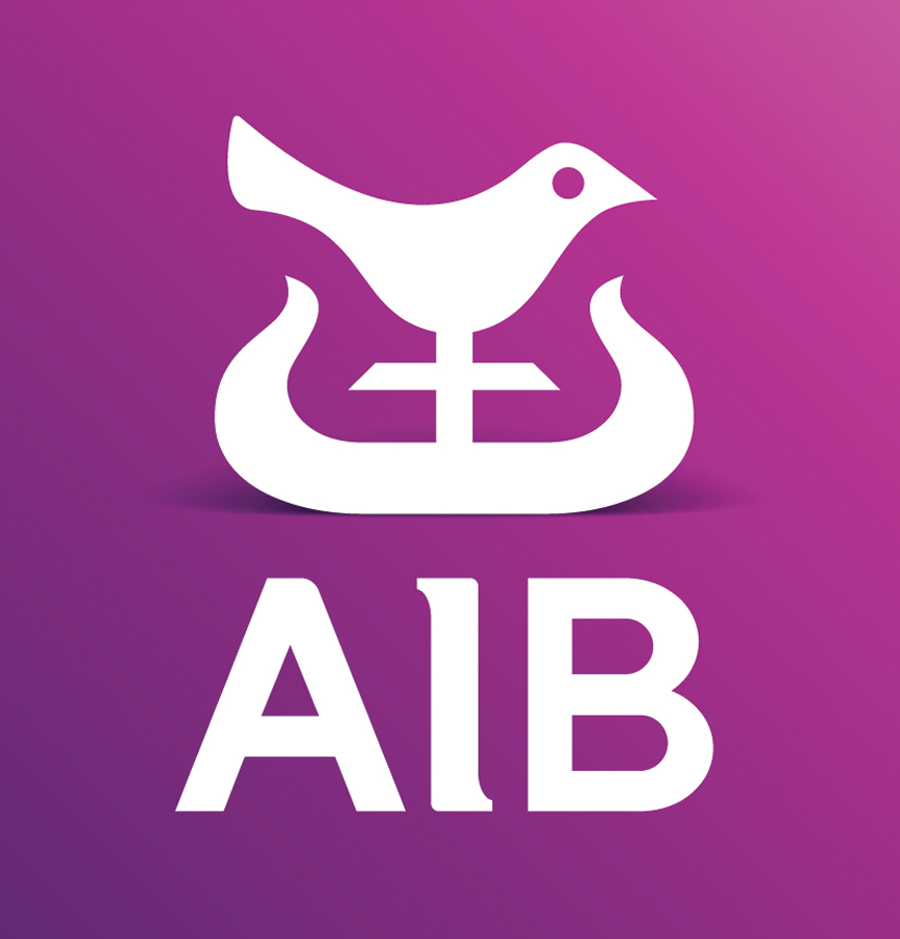Finance & Management
Delivering Our Pledge To Do More by AIB
AIB’s 2022 Sustainability Report discloses for the first time the extent to which AIB will significantly reduce carbon emissions on its residential mortgages, commercial real estate and corporate loan books by 2030. For example, the bank is aiming for a reduction in emissions intensity of 58% per square metre on homes funded by €29.4 billion of residential mortgages and 67% per square metre on commercial real estate funded by €5.6 billion of loans. AIB’s electricity generation portfolio is primarily comprised of renewable energy assets such as offshore wind and is already at a very low level of emissions intensity aligned to decarbonisation pathways that deliver a 1.5°C outcome. AIB has committed to maintaining this part of its loan book at these very low levels.
This year, every part of our business will develop transition plans to support the delivery of these new “Financed Emission Targets’’ including ensuring that the bank continues to provide appropriate products and services, education and training to support customers in the transition to a lower carbon future. AIB’s new green lending grew by 65% to €3.3 billion in 2022 accounting for 26% of all new lending, while our green mortgage products represented 28% of new mortgage lending. We intend to report on our progress against our emissions targets in our 2023 reporting.

It is focused on accelerating companies across the world to halve emissions before 2030 and achieve net-zero emissions before 2050. The SBTi defines and promotes best practice in science-based target setting, offers resources and guidance to reduce barriers to adoption, and independently assesses and approves companies’ targets.
The move marks a recognition that AIB’s electricity generation loan portfolio is already exceptionally green as it primarily includes renewable energy assets. As a leader in the sustainability sector, AIB has been a very active lender to renewable energy projects across Ireland, the UK, Europe and more recently in the USA supporting onshore and offshore wind, solar and battery storage technologies.
The fruits of this green lending are reflected in the very low carbon emissions intensity from the bank’s electricity generation portfolio which is estimated to be c. 10-15 times lower than peer banks. SBTi has now validated AIB’s target of maintaining its emissions from electricity generation at these extraordinarily low levels. The electricity generation portfolio is one of the fastest growing parts of AIB’s lending portfolio representing a material part of AIB’s €10bn Climate Action Fund. AIB Group has also obtained validation from the SBTi for the financed emissions targets it has set for 75% of its lending portfolio.

Climate action fund: We recognise we have a long-term role to play in providing the finance for Ireland’s transition to a low-carbon economy. In 2019, we launched our Climate Action Fund committing €1bn per year over five years to support Green and Transition lending.
Following strong demand, in 2021 we increased the fund to €10bn in total by 2023. Across the Retail, Capital Markets and UK segments of our business, we provide a comprehensive range of products and services to address environmental issues.
Green mortgages: The AIB Green Mortgage was introduced in November 2019, and subsequently we launched our EBS and Haven Green Mortgages. Green Mortgages are available to customers who have invested or are investing in a home that has a BER energy rating of B3 or higher. They are a key product for our business and collectively account for 20% of mortgage drawdowns in 2021 in Ireland (up from 14% in 2020). Energy efficient homes have an immediate positive environmental impact on Greenhouse Gas (GHG) emissions and the lower interest rates of our Green Mortgage products can also provide positive impact for our customers’ economic position through the lower financing and running costs associated with energy efficient homes. The AIB Green Personal Loan, launched in 2021, supports customers looking to purchase a new electric/hybrid vehicle or make green home improvements to increase the energy rating of their home. Amounts of between €3,000 and €60,000 (over one to 10 years) are available.
Other Retail initiatives: In September 2022 AIB launched the Strategic Business Corporation of Ireland (SBCI) Energy Efficiency Loan Scheme (EELS). This is a low-cost loan scheme that aims to help eligible SMEs and farmers reduce their carbon emissions and cut their energy bills by investing in energy-saving measures. Through our Nifti offering, we provide a vehicle fleet management proposition for AIB business customers. This will help them transition from a reliance on fossil fuels by providing affordable solutions for electric and hybrid vehicles. In 2022, a new preferred finance partnership with Electric Ireland Superhomes was launched to support customers deep retrofitting their homes.
Renewable energy finance: AIB is an active lender to renewable energy projects across Ireland, UK, Europe and most recently the USA. Technologies supported include onshore and offshore wind, solar and battery storage. Renewable energy has a significant positive impact as it displaces the need for fossil fuels, mitigating climate change, as well as supporting security of energy supply in each country where the generation capacity is located. We have provided lending to renewables generation projects for a number of years and are well-established in this area and continue to have one of the largest and most active renewable energy teams in the Irish market. The Energy, Climate Action and Infrastructure portfolio continues to be one of the fastest growing lending books in AIB.
In summary, AIB is optimistic about the future, and steadfast in our commitment to continue to lead the sustainability agenda within our business, including using our influence more widely across the economy and society as a pioneer of change. Further information is contained in the AIB Sustainability Report 2022.
https://aib.ie/content/dam/frontdoor/personal/sustainability/AIB-sustainability-report-2022.pdf
